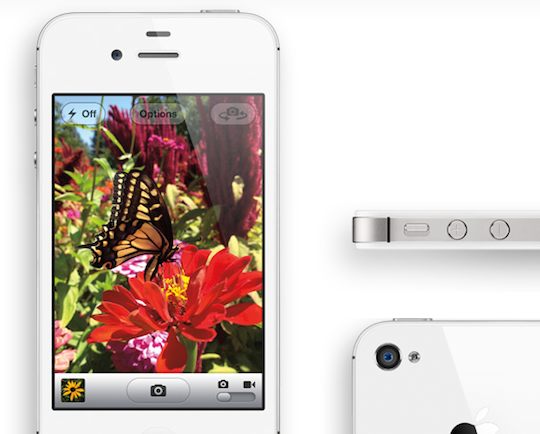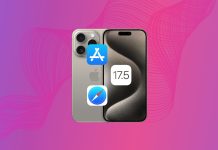 With the iPhone 4S already being delivered to some customers in Germany, it was probably only a matter of time until someone took the device to GeekBench to have the device benchmarked. As of this morning, two of the new iPhones were benchmarked and posted online. The scores are quite impressive considering how snappy the iPhone 4 seemed to be up until this point.
With the iPhone 4S already being delivered to some customers in Germany, it was probably only a matter of time until someone took the device to GeekBench to have the device benchmarked. As of this morning, two of the new iPhones were benchmarked and posted online. The scores are quite impressive considering how snappy the iPhone 4 seemed to be up until this point.
According to the results, the iPhone 4S is benchmarking approximately 68 percent faster than the iPhone 4. MacRumors is suggesting that the new A5 processor found in the new iPhone 4S may be under clocked to 800MHz. We assume that a move like that would be to save on battery life. Currently the A5 processor in the iPad 2 runs at 1GHz.
We obviously expected the iPhone 4S to be quicker than all the other iPhones before it, so we’re not surprised that it’s outperforming its predecessors. If you’re looking for more benchmarking information in a nice little package you should check out the AnandTech article on the iPhone 4S results. They have some nice graphs in the post.
Quick thought on the under-clocking
If it turns out to be true that Apple is under-clocking the iPhone 4S then we can take some things away from the news. The race for more power in mobile handsets is clearly on, but Apple could care less. The number two talking point we get in our comments from the Android crowd, after the walled garden argument, is that there are a lot faster handsets on the market, for cheaper. It’s probably true. I don’t know for certain, but for Apple, it’s not about being the fastest cellphone on the market. It’s about having the best user experience on the market. The megahertz (MHz) and gigahertz (GHz) doesn’t matter to Apple. What matters is that the operating system and applications work flawlessly, and that the battery life is the best it can be for customers. If you don’t agree, just look at the MacBook Air. It’s not out there winning any benchmark contests. But, if I were to purchase a new computer tomorrow it would be a MacBook Air. Why? Well, it’s simple really. It is the best experience I could have for my needs. It’s small, it’s light-weight, and the battery seems to last an eternity. I write for a living, so that battery life is huge for me. Let’s be honest. How many GHz do most of us need to check email, the web, and write a post? Not too many, clearly.
Gamers and cutting edge mobile games like Infinity Blade are the key exception to the rule here. If you’re gaming in any capacity, you want more GHz. It’s the one antithesis to this whole argument.
Apple is doing great these days, and it’s because the GHz and MHz don’t really matter anymore. What matters is that we can still make a phone call after 5 hours of usage. What matters is that my apps don’t crash. What matters is that the iPhone and iOS provides the best experience from beginning to end.
Apple knows that this is what matters to most of us, and it’s why they likely decided to scale back the CPU performance in the iPhone 4S. To Apple, making sure that we get the most usage time out of our devices is more important than being able to win the benchmark wars when it comes to iOS.
That’s something I can get behind, especially if it means I have a better experience on my phone.
Source: MacRumors






